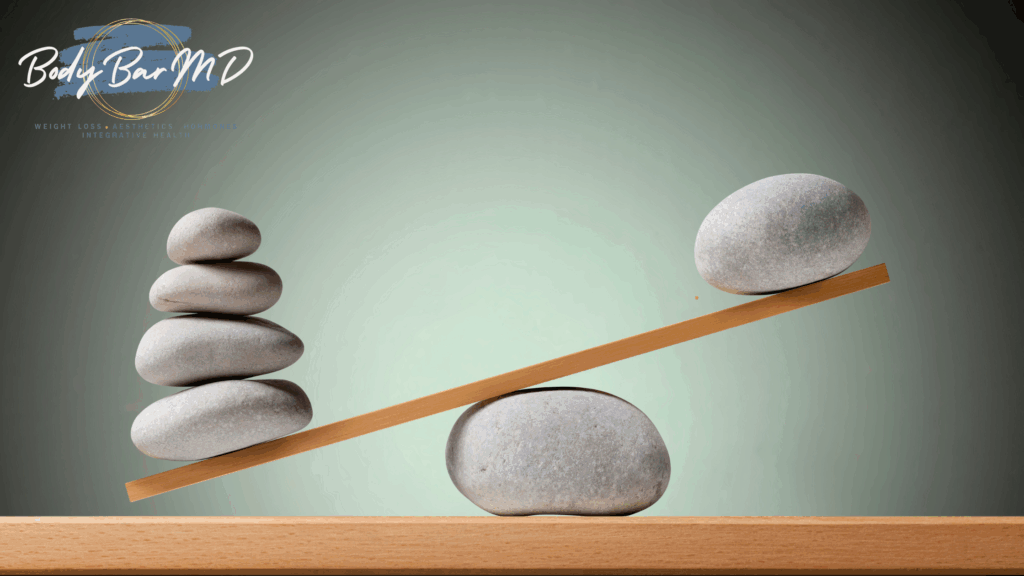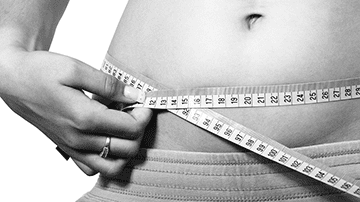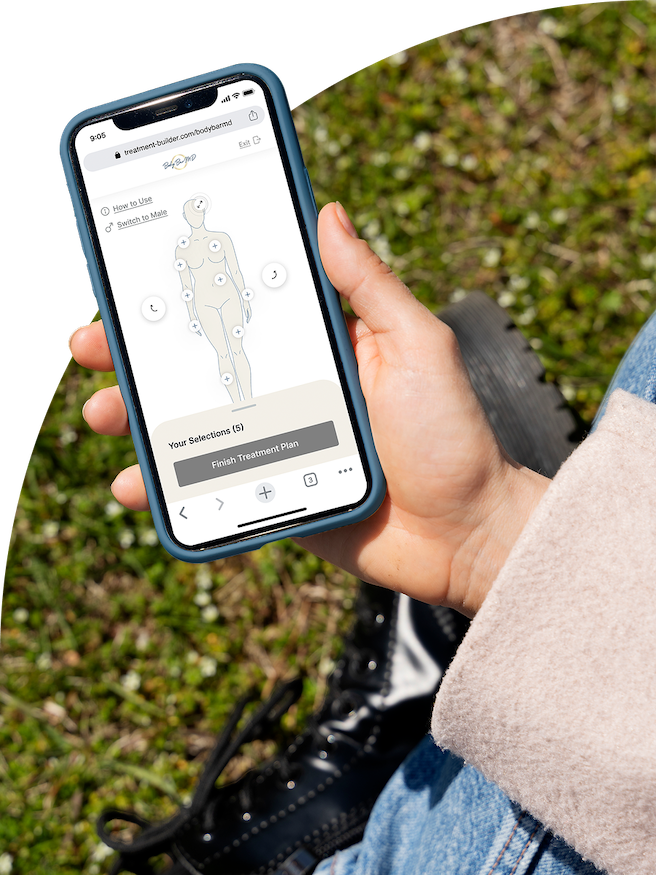
How hormonal imbalances affect mood and energy
February’s shorter days, cold weather, and lack of sunlight can leave you feeling tired and moody. While the “winter blues” are common, they may be worsened by underlying hormonal imbalances. Understanding the connection between hormones, mood, and energy levels can help you feel more positive and energized during winter.
How Hormones Impact Your Mood and Energy
How hormonal imbalances affect mood and energy
Hormones regulate many essential functions in your body, including mood, energy, and sleep. When they’re out of balance, you may experience symptoms like:
- Fatigue and low energy
- Irritability or mood swings
- Difficulty concentrating
- Increased anxiety or sadness
Winter’s reduced sunlight can disrupt hormone production, including serotonin and melatonin, which play critical roles in mood and sleep.
Additionally, hormonal imbalances in estrogen, progesterone, and thyroid hormones can exacerbate these symptoms, leaving you feeling worse during the colder months.
Signs of Hormonal Imbalance During Winter
Hormonal imbalances often go unnoticed. Here are common signs to watch for:
- Persistent fatigue despite adequate rest
- Cravings for carbohydrates or sugar
- Feeling sad, anxious, or irritable
- Weight changes, especially around the midsection
- Difficulty falling or staying asleep
If these symptoms interfere with your daily life, hormonal imbalance may be the culprit.
How to Restore Energy and Positivity
1. Get Natural Sunlight
Spend time outdoors during daylight hours to boost vitamin D and serotonin production. Even 15 minutes a day helps.
2. Prioritize Quality Sleep
Create a consistent bedtime routine and avoid screens before bed. Sleep is essential for hormone regulation.
3. Maintain a Balanced Diet
Eat foods rich in omega-3s, whole grains, and leafy greens to support hormonal health and energy levels.
4. Stay Active
Regular exercise releases endorphins, boosting mood and improving energy. Choose activities you enjoy, like yoga or walking.
5. Consider Hormone Therapy
If symptoms persist, hormone replacement therapy (HRT) can restore balance and alleviate fatigue, mood swings, and other symptoms.
6. Practice Stress Management
Chronic stress disrupts hormones. Relaxation techniques like meditation or deep breathing can help.
How Body Bar MD Can Help
How hormonal imbalances affect mood and energy
At Body Bar MD, we understand the impact hormonal imbalances have on your mood and energy levels, especially during winter. Our team offers:
- Comprehensive hormone testing to identify imbalances
- Personalized hormone therapy plans
- Lifestyle and nutrition guidance to support wellness
We’re here to help you restore balance and feel your best, no matter the season.
Beat the Winter Blues
How hormonal imbalances affect mood and energy
You don’t have to let the winter blues take over. By addressing hormonal imbalances and adopting healthy habits, you can boost your mood and energy.
If you’re ready to tackle fatigue and mood changes, contact Body Bar MD today. Together, we can create a plan to restore balance and vitality.


